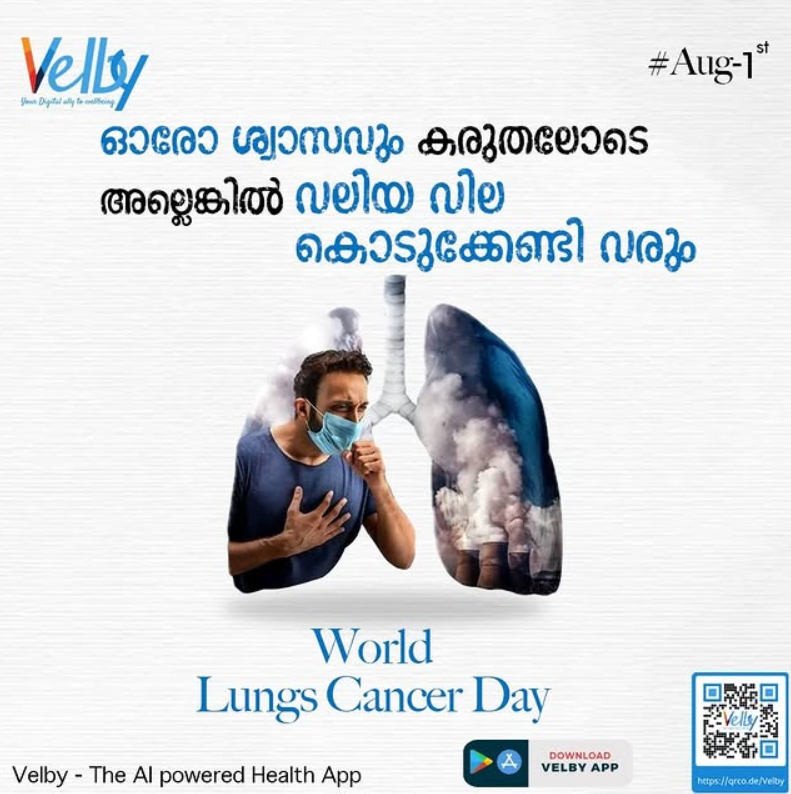
A recent study presented at the American Heart Association's (AHA) Lifestyle Scientific Sessions in Chicago has stirred significant debate among healthcare professionals by suggesting a 91% increase in the risk of cardiovascular death associated with 8-hour time-restricted eating, a popular form of intermittent fasting.
Intermittent fasting, a method where individuals deliberately limit the timeframe for their daily calorie intake, has gained popularity as a strategy for weight loss, cholesterol improvement, metabolic rate enhancement, and possibly lowering the risk of some chronic illnesses.This diet strategy, known for its potential weight loss and metabolic benefits, is now under scrutiny for its long-term health implications. Conducted by Victor Zhong and his team at the Shanghai Jiao Tong University School of Medicine, the research analyzed data from roughly 20,000 adults through the National Health and Nutrition Examination Survey from 2003 to 2019, revealing that younger males with higher BMI and food insecurity were most likely to adopt this fasting method despite having a lower prevalence of hypertension, diabetes, and cardiovascular disease.
Critics have pointed out concerns regarding the study's methodology, particularly the reliance on participants' memory for dietary recall, which could introduce inaccuracies. Additionally, the observational nature of the research means that while the findings are compelling, they cannot definitively establish cause and effect. Despite these limitations, the study's implications challenge the previously held view that intermittent fasting is universally beneficial for cardiovascular health, particularly highlighting risks for individuals with pre-existing conditions.
Healthcare professionals advocating for intermittent fasting emphasize the importance of a balanced, unprocessed, and nutrient-dense diet, tailored to individual health goals and conditions. They argue for the potential benefits of fasting when practiced in moderation and under medical supervision, suggesting that it could still play a role in weight management and metabolic health improvement. However, the study also notes an increased risk among individuals with existing cardiovascular diseases and cancer, underlining the need for caution and further research.
The call for more comprehensive studies, ideally randomized controlled trials, is echoed across the medical community to better understand the long-term impacts of intermittent fasting on cardiovascular health. Experts highlight the complexity of dietary interventions and the necessity of a cautious approach when recommending or adopting time-restricted eating regimens. This recent research serves as a crucial reminder of the ongoing exploration into the benefits and risks associated with popular dietary trends, stressing the importance of evidence-based guidance in nutritional science.
The reliability of the study result that associates 8-hour time-restricted eating with a 91% higher risk of cardiovascular death depends on several factors, including the study design, sample size, methodology, and how well potential confounding factors were controlled. While the study was presented at the American Heart Association's Lifestyle Scientific Sessions and involved analysis of data from about 20,000 adults from the National Health and Nutrition Examination Surveys (NHANES), there are several considerations to keep in mind:
Study Design: Observational studies can identify correlations but cannot definitively prove causation. If this study is observational, its findings suggest a link but do not establish that intermittent fasting directly causes increased cardiovascular mortality.
Sample Size and Diversity: A large sample size, like the one mentioned (approximately 20,000 adults), can help in providing more robust data. However, the reliability also depends on the diversity of the sample and whether it adequately represents the broader population.
Data Collection Methods: The study relied on participants recalling their eating habits, which can introduce recall bias. The accuracy of self-reported data is often lower than data collected through more objective means.
Confounding Factors: It's important to consider how well the study controlled for confounding variables. Factors such as participants' overall diet quality, physical activity levels, genetic predispositions, and existing health conditions can influence the risk of cardiovascular disease.
Peer Review: If the study's results have been peer-reviewed and published in a reputable scientific journal, this typically indicates that the research has undergone rigorous evaluation by other experts in the field. However, the summary mentions that only an abstract was published, leaving many details of the study protocol unknown.
Consistency with Existing Literature: How well do the findings align with existing research on intermittent fasting and cardiovascular health? A single study can provide valuable insights but needs to be considered in the context of the broader body of scientific evidence.
In conclusion, while the study presents concerning findings about the potential risks of 8-hour time-restricted eating, its reliability should be assessed considering the above factors. Further research, especially randomised controlled trials, is needed to establish a clearer understanding of the long-term impacts of intermittent fasting on cardiovascular health.

Researchers at The Australian National University (ANU) have identified a gene mutation, IKBKB, as the culprit behind psoriasis, a chronic inflammatory skin condition characterized by red, scaly, and itchy patches.
ലേഖകൻ:
ഡോ. കൃഷ്ണ മോഹൻ ആർ.
Chairperson
National Allergy Chapter IAP
Article by Dr Abdul Rauf, Consultant Pediatric Intensivist, BMH in Malayala Manorama
മനോവൈകല്യം ; അറിയേണ്ട ചിലത്
ഡോ. പി. എൻ സുരേഷ് കുമാർ
According to a recent study from King's College London, which was published in The Lancet Regional Health – Europe, researchers emphasize the pressing need for better support for stroke survivors suffering from depression.
We have various options to advertise with us including Events, Advertorials, Banners, Mailers, etc.